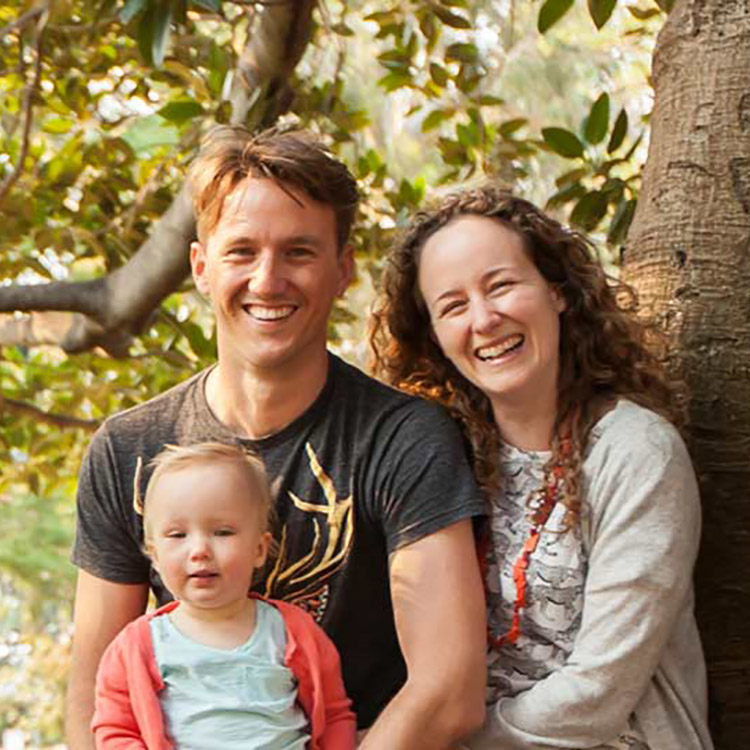Search
News & Events
New study examines vacccine to prevent cervical cancerThe Telethon Institute for Child Health Research today announced a new study investigating a vaccine to prevent infection of Human Papilloma Virus (HPV).
News & Events
Asthma steroid without side effectsWestern Australia has joined a major international study that could significantly change the treatment of asthma in children.

All The Kids Research Institute Australia Supply Partners demonstrate a genuine commitment to helping the Institute innovate and come up with solutions.

From ensuring exceptional insurance protection to holding fundraising events, JLT has the interests of The Kids Research Institute Australia well covered.

The Kids Research Institute Australia is a new kind of research institute. One where kids are at the heart of everything we do.

What would you discover to help a child? At The Kids, our researchers are committed to research that makes a real difference. Watch our real life researcher and family stories.
We will get through this, but only if we do it together. We hope we can count on you.
Research
A phase 3, randomized, double-blinded, placebo-controlled trial toevaluate the efficacy and safety of a respiratory syncytial virus (RSV) prefusion F subunit vaccine in infants born to women vaccinated during pregnancy (Matisse)Peter Richmond MBBS MRCP(UK) FRACP Head, Vaccine Trials Group Head, Vaccine Trials Group Professor Peter Richmond is Head of the Vaccine Trials Group
Research
A Phase I/II, Multicentre, Observer-blinded, Randomized, Active Controlled, Clinical Trial to Assess the Reactogenicity, Safety and Immunogenicity of a combined Tetanus, Diphtheria, Acellular Pertussis and Poliomyelitis Vaccine (SIIPL Tdap-IPV) in CompariJennifer Peter Kent Richmond RN MBBS MRCP(UK) FRACP Clinical Research Manager Head, Vaccine Trials Group Jennifer.Kent@thekids.org.au Clinical
